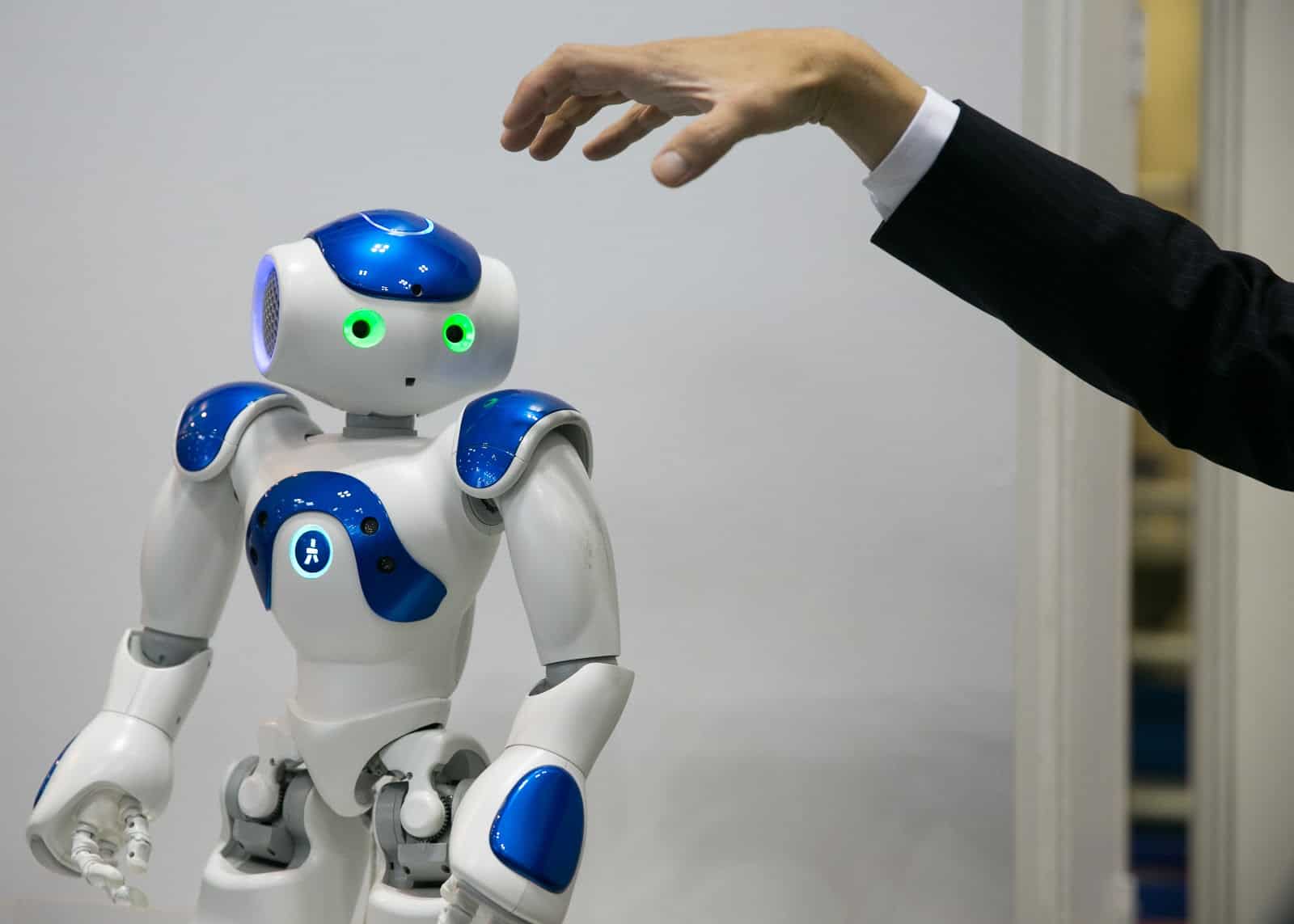The famous job interview question “where do you see yourself in 10 years?” is always a head-scratcher. But I am willing to bet that no one wants to answer “replaced by a robot.”
One third of all jobs in today’s market will cease to exist by 2030, according to an article in the New York Times. Another article discusses the major challenges the hotel industry faces as automation sweeps through the front desk, the kitchen and room service. Even the ubiquitous burger flipping job may soon be obsolete as Flippy makes waves in California. Truck drivers, around 2 million of them, face an uncertain future as self driving trucks are close to becoming a reality. The labor market is experiencing an unprecedented change as automation takes over the job market in the US and the rest of the world.
Technology has been taking jobs from humans since at least the industrial revolution, if not prior. Artisan weavers lost their jobs to mechanized looms for instance. Everything that is used today and even the food that is eaten, has been touched by machines. Trying to imagine a life with only hand made goods is an impossibility. Thus, while job loss due to technology is nothing new, what is unique at this moment in history is the pace at which technology is replacing humans in the workplace. If the tide comes in slowly, everyone has enough time to move to higher ground and find something new to do. If it is a tsunami, the picture is bleak – unless we have early warning systems and escape routes in place.
The knee jerk response to this changing job landscape is to protest automation. Workers are demanding that they be kept on even if their jobs are obsolete. There are even calls to tax robots. That’s akin to sand bagging against a tsunami. It will not work unless every person in the world decides against automation, because whoever uses automation will have a leg up in the market due to cost effectiveness. Similarly, strikes and demands for higher wages can paradoxically drive up the rates at which industries are switching to automation. Universal Basic Income and Negative Income Tax are being considered or implemented in various forms in trials across the world. While economists, politicians and ethicists are figuring out the best way to redistribute wealth, the average citizen needs to examine what are his options in the shifting job market. People can wrestle back control by keeping their options open and by being flexible with choosing new career options.
First, people need to remain light on their feet, mentally and financially. Americans must let go of the notion that one can follow one’s dreams and passions irrespective of the economic reality. In choosing a career, Americans place considerable emphasis on personal interests, but surprisingly little on practical concerns like the job market or personal talent. But such an approach fails to see that passions do not always match natural talents. One may enjoy singing, but if one has no talent in singing, one can’t expect to have a career in singing. Moreover, a job does not have to fulfill all of one’s needs: there is always the option of following one’s dreams part time while one earns a living at something that is not a childhood dream.
For mid-career and late career workers, being mentally agile would mean being willing to switch careers later in life. This is where the state can assist by providing support for job retraining. With life expectancies creeping up and retirement ages being uncertain, a new career late in life might be several years long.
Being financially flexible would mean not having mountains of debt that trap people and can prevent them from trying new things. First, the reason students go to a four year university must be identified. Is it to learn new skills, to network or to obtain a certificate that proves your job worthiness? Can these be acquired through means besides a four year degree? Educators will argue that the sole purpose of education is not utility in the job market. Education is meant to form the whole individual; teaching the students how to think, how to be creative and most importantly, to help them achieve the end for which they were created. All these are noble goals and must be supported wholeheartedly. But an individual cannot achieve the end for which she was created if she is saddled with a six figure debt at the age of 22 and finds a job that pays barely enough to cover the interest on that debt. She has to be free from the burden of working constantly for years and maybe decades in order to pay for the cost of a college education.
Traditional four year universities can be financially costly if one doesn’t have scholarships. A solution could be a model like the Holberton school, which has a Income Share Agreement for its tuition. With this option, there is no upfront cost to attend the school. Once you find a job, they charge 17% of your monthly salary over 3.5 years only if you are making more than $40,000 per year. Trade schools, instead of universities, are another great low cost option in trying to meet the current job market where it is at. Universities, as part of a low cost model, should start certificate programs in collaboration with industry. In this model, instead of a four year degree, students study through online courses and then take an exam or complete a project to prove their skills and job worthiness. All these strategies would be geared towards reducing the financial burden of student debt on young people. Ultimately, freedom from debt can free people to follow their interests and pursue new careers.
Second, as Christians we should help each other navigate the new job market. People are more than workers, and they are worth more than their paychecks. We are God’s children. Unemployment should be made to be less of a stigma. Being out of a job shouldn’t imply laziness or incompetence. Once being laid off is normalized and freed from the associated taboo, people will be better able to reach out for help and to offer help. Furthermore, on an organizational level, parishes could establish support groups for people looking for work. These groups could provide emotional and financial support, a professional network for the job search and help navigating government programs for the unemployed. Lastly, Catholic universities can step in by offering information about job market trends, retraining programs and career counselling.
Tomorrow when the robots come for our jobs, I hope and pray that we will be in a position to hand over to them cheerfully as we move towards better job opportunities.


